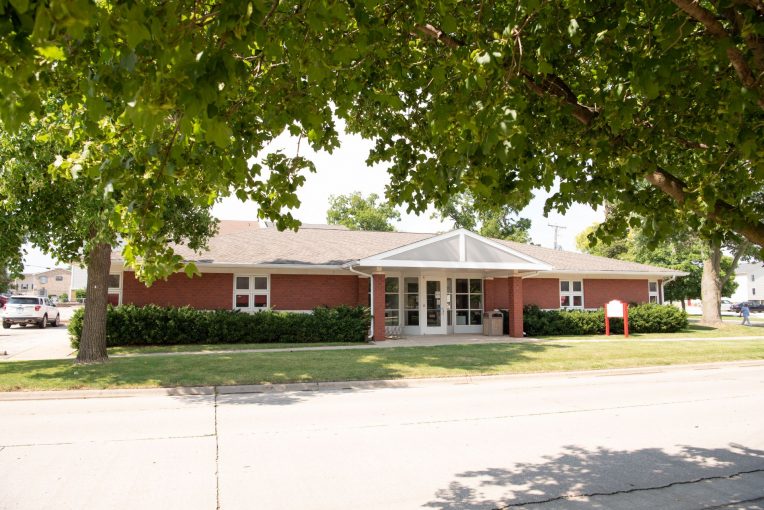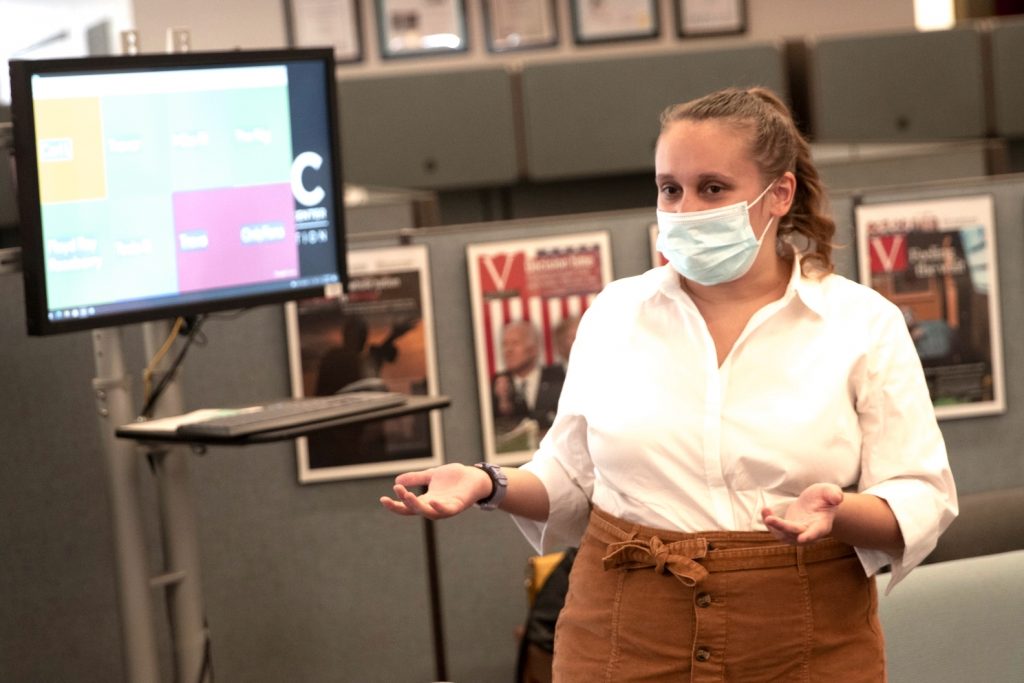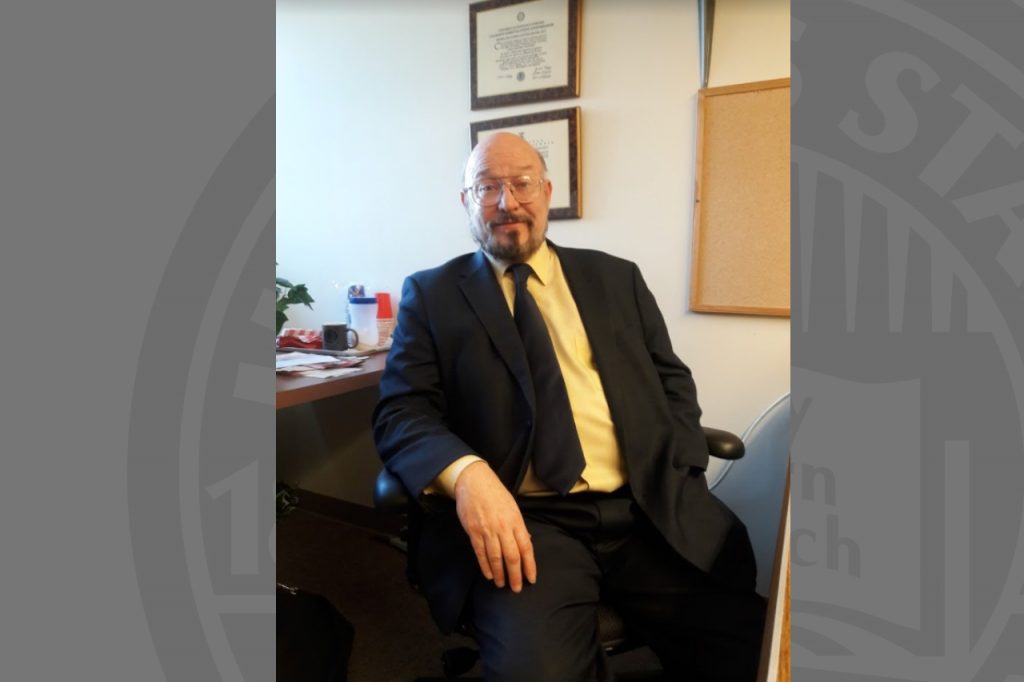On April 27, 2021, the final printed version of The Vidette was produced and distributed. Beginning with the fall 2021 semester, The Vidette is all digital. John Plevka, editorial adviser, and Kellie Foy, editor-in-chief, both reflected on the adaptation and importance of The Vidette being fully online.
The Vidette is a full-service digital news site serving Illinois State University. Although it is local to the Bloomington-Normal area, it reaches a global network of readers. Its digital content in the form of words, photos, videos, graphics, and audio files is compiled, edited, and produced by Illinois State students.
The Vidette has been documenting life at ISU in print and as digital content since 1888. It has outlived many Bloomington-Normal businesses. It was what helped push the word “university” into the school’s name, which, in turn, helped brand it as more than just a teacher school. It has survived the Spanish flu pandemic, the Depression and Great Recession, two world wars, many other major social, political, and economic events.
The transition to being fully digital has been smooth, although Plevka was a little worried at first. Even so, all aspects seem to be going well.
“One thing that stands out to me is traffic on our website, which is at an all-time high,” Plevka said. “Kellie and I both watch the analytics on that, and we already topped 1.3 million, year to date. We see only one other time in Vidette history when we topped 1 million for the entire year, and that was several years ago; I think it was 2017. So, we have already broken that in less than 12 months. It also includes unique users, and we are on pace for about a half-million different people to join the site.”
Another surprise was the recruitment of staff this year, which has been at an all-time high. Plevka reports that there was a slight fear that people would shy away from joining, but there has been an abundance of new news and feature reporters, photographers, and copy editors. He and Foy are still receiving applicants despite being midway through the semester.
Being fully online seems more attractive to School of Communication students because it allows for transferable skills to be built.
“How important it is to learn to adapt to that kind of stuff,” Foy said. “It’s not the end, we aren’t the first newspaper, and we won’t be the last that this has happened to.”
She added that The Vidette has taught her to adapt to everything going on and get valuable experience and skills after college. She learned more here than anywhere else; being forced into digital forced her to learn even more.
Dr. John Huxford, associate professor of journalism with more than 20 years of experience in print journalism, sees the impact the digital Vidette has on School of Communication students.
“Over the past couple of years, with The Vidette under the school’s umbrella, we are finding the ways they can enhance each other,” he said. “We’ve seen that The Vidette gives students an opportunity to practice what they learn in class, but the goal now is to establish a plan on how best to move that relationship forward, to have a lot more training involved with The Vidette. The idea is to have a training class for staff members to take before working there.”
There is also the convenience of being online, which means digital archives are easier to manage than paper ones. Milner Library has already digitized all editions of The Vidette, from 1888 to 1980. The library is seeking funding to eventually complete the project from 1981 through 2021. The digitized papers are searchable PDFs. The web will be a much better archive, especially with newer generations absorbing news via websites.
“Even though we aren’t putting out a tangible paper anymore, we are still very much reporting and recording the news from the day to day, week to week, month to month, year to year at Illinois State University,” Plevka said. “That’s not going away.”
The digital age is impacting future journalists, and it changes things a lot. There used to be a distinct break between gathering and distributing the news, but social media speeds the process up and at times can make it difficult. Huxford stressed the importance of speed vs. accuracy in his classes—the need to balance being both fast and accurate. Being online also allows for more engagement. Instead of waiting until Monday to get stories out, they can now get out right away. There is an increase in live-tweeting, reporting during games, in-game images, and more.
Plevka and Foy invite students who are not involved in anything on campus to join them at The Vidette.
“The Vidette has been my home away from home for the past three years,” Foy said.
Catch up on all the latest news at videtteonline.com.




